Yael Amsterdamer
Multi-Document Keyphrase Extraction: A Literature Review and the First Dataset
Oct 03, 2021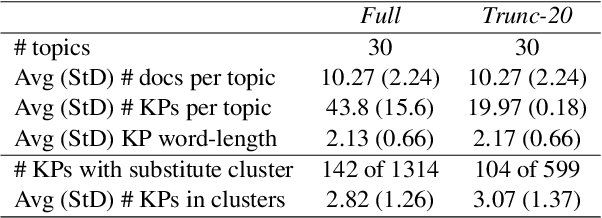

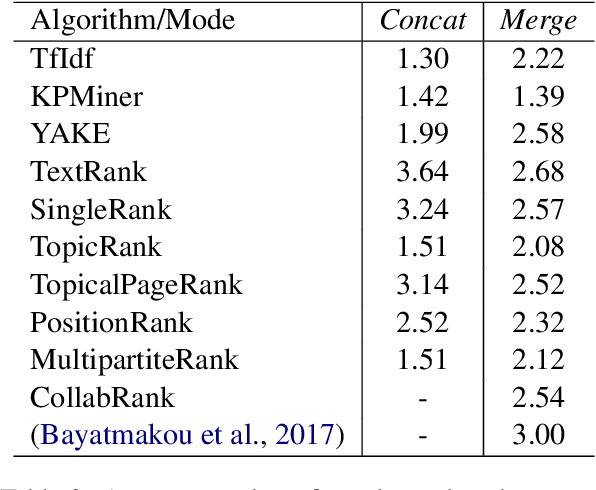

Abstract:Keyphrase extraction has been comprehensively researched within the single-document setting, with an abundance of methods and a wealth of datasets. In contrast, multi-document keyphrase extraction has been infrequently studied, despite its utility for describing sets of documents, and its use in summarization. Moreover, no dataset existed for multi-document keyphrase extraction, hindering the progress of the task. Recent advances in multi-text processing make the task an even more appealing challenge to pursue. To initiate this pursuit, we present here the first literature review and the first dataset for the task, MK-DUC-01, which can serve as a new benchmark. We test several keyphrase extraction baselines on our data and show their results.
Evaluating Interactive Summarization: an Expansion-Based Framework
Sep 17, 2020

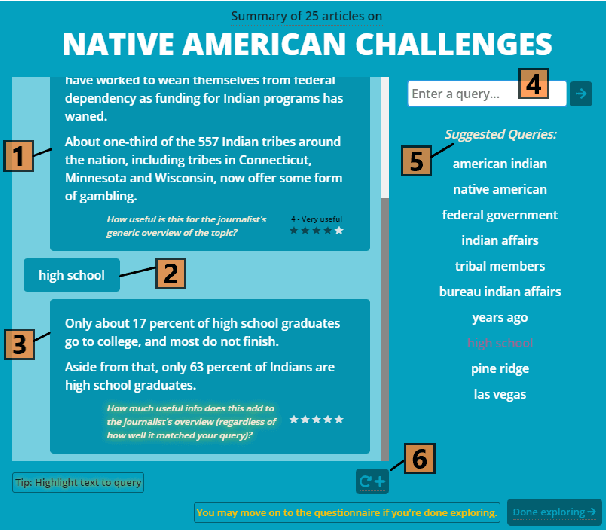
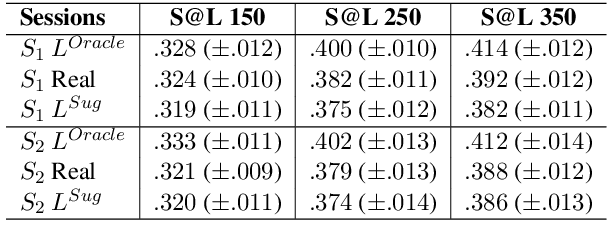
Abstract:Allowing users to interact with multi-document summarizers is a promising direction towards improving and customizing summary results. Different ideas for interactive summarization have been proposed in previous work but these solutions are highly divergent and incomparable. In this paper, we develop an end-to-end evaluation framework for expansion-based interactive summarization, which considers the accumulating information along an interactive session. Our framework includes a procedure of collecting real user sessions and evaluation measures relying on standards, but adapted to reflect interaction. All of our solutions are intended to be released publicly as a benchmark, allowing comparison of future developments in interactive summarization. We demonstrate the use of our framework by evaluating and comparing baseline implementations that we developed for this purpose, which will serve as part of our benchmark. Our extensive experimentation and analysis of these systems motivate our design choices and support the viability of our framework.
Crowdsourcing Lightweight Pyramids for Manual Summary Evaluation
Apr 11, 2019
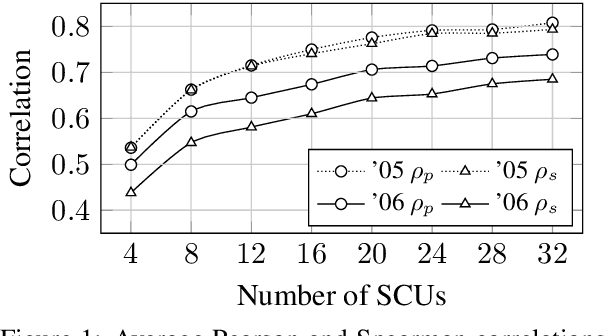
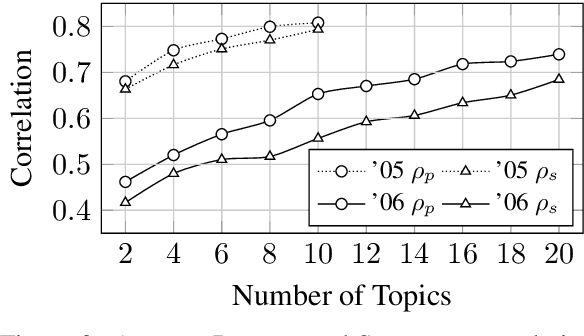
Abstract:Conducting a manual evaluation is considered an essential part of summary evaluation methodology. Traditionally, the Pyramid protocol, which exhaustively compares system summaries to references, has been perceived as very reliable, providing objective scores. Yet, due to the high cost of the Pyramid method and the required expertise, researchers resorted to cheaper and less thorough manual evaluation methods, such as Responsiveness and pairwise comparison, attainable via crowdsourcing. We revisit the Pyramid approach, proposing a lightweight sampling-based version that is crowdsourcable. We analyze the performance of our method in comparison to original expert-based Pyramid evaluations, showing higher correlation relative to the common Responsiveness method. We release our crowdsourced Summary-Content-Units, along with all crowdsourcing scripts, for future evaluations.
 Add to Chrome
Add to Chrome Add to Firefox
Add to Firefox Add to Edge
Add to Edge